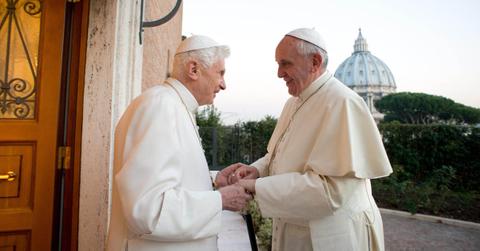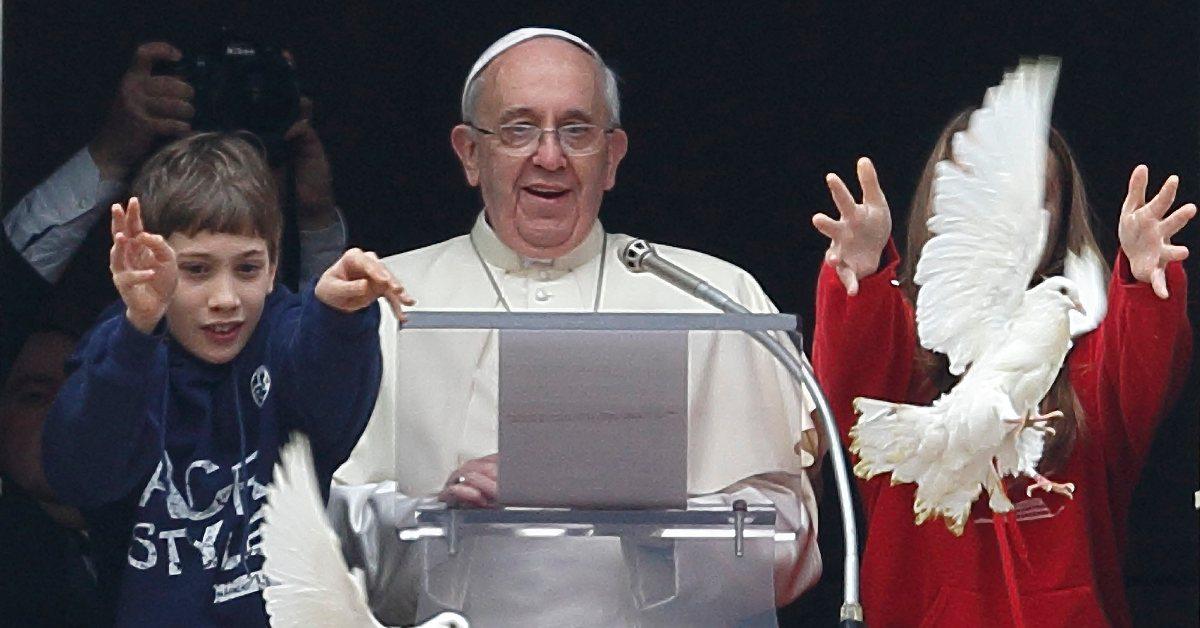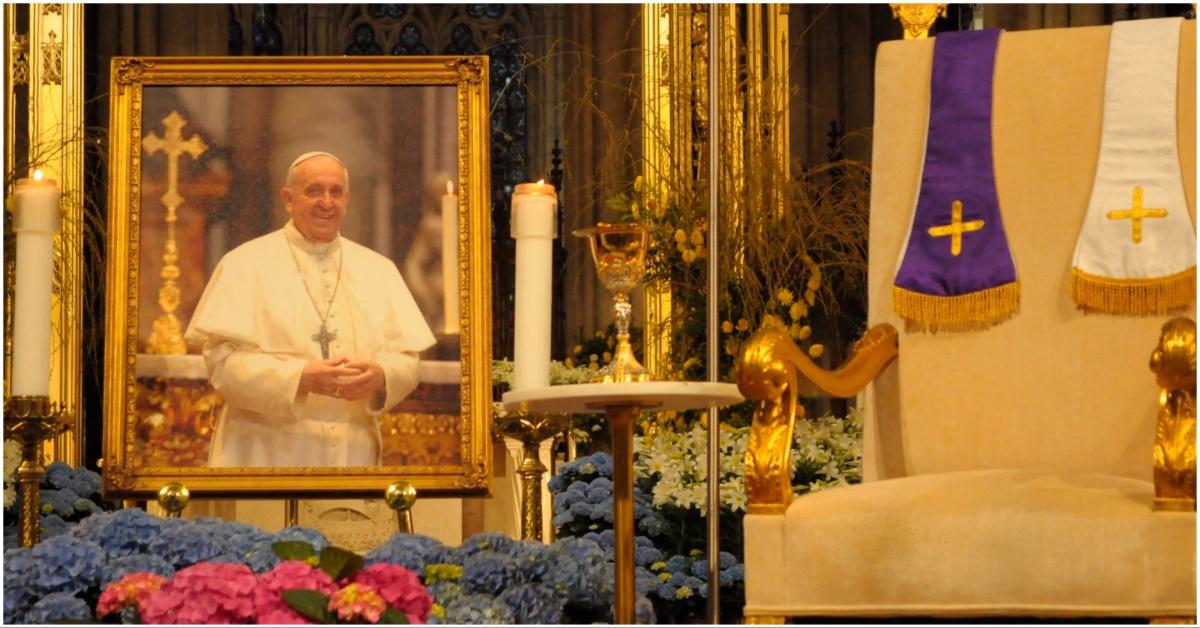Why Do We Need a Pope? Understanding the Role of the Catholic Church's Leader
Why exactly do we need a pope?
Published May 8 2025, 11:37 a.m. ET

Pope. Pope. Pope. For weeks in 2025, it felt like that was all anyone could talk about. From news headlines to TikToks, the Catholic Church was everywhere following the death of Pope Francis. For many people, it was a moment that sparked more confusion than clarity.
Who was this man to begin with? What exactly does the pope do? And honestly, why do we even need a pope?
If you’ve found yourself asking those same questions, you’re not alone. Keep reading as we take a closer look at the purpose behind the pope.

Why do we even need a pope? The pope is the visible leader of the Catholic Church — but he’s not just a figurehead.
At the most basic level, the pope is the leader of the Catholic Church worldwide. He’s the Bishop of Rome, which gives him a kind of “first among equals” status among all bishops. The pope’s job, however, is much more than ceremonial. He’s seen as the spiritual successor to Saint Peter, the apostle Jesus appointed as the rock on which the Church would be built.
According to Saint Mary’s Press, one of the clearest ways to understand the pope’s role is to think of him as a visible sign of unity. The Church is global, spanning every continent, language, and culture. The pope helps hold all of that together, guiding Catholics toward shared beliefs and values.
He doesn’t run everything himself, but he acts as a final point of unity and authority when it comes to Church teaching, leadership, and direction.
Why does one person have that kind of authority in the first place?
This is where a lot of people get hung up. Isn’t it a bit intense that one guy gets to speak for over a billion people? According to Catholic belief, the pope’s authority comes not from popularity or personal skill, but from a line of succession that goes all the way back to Peter.

ChurchAuthority.org explains that Catholics believe Jesus gave Peter a special role — symbolized by the “keys to the kingdom” — and that Peter became the first bishop of Rome. From there, a direct line of popes has followed, with each one stepping into that same spiritual leadership role. This concept is known as apostolic succession, and it’s one of the key foundations of Church authority.
So, Catholics don’t see the pope as an elected celebrity or a CEO. They see him as part of an unbroken chain of spiritual leadership dating back over 2,000 years.
The pope isn’t perfect, and he’s not trying to be.
It’s also important to clear up a common misconception: The pope is not considered sinless or above criticism. In fact, most popes throughout history have been deeply human, flawed, complicated, and sometimes even controversial.
The idea that the pope is “infallible” doesn’t mean he’s always right about everything. It specifically refers to moments when he formally defines a doctrine of faith or morals for the entire Church — and even then, it’s used very rarely. According to the Catechism of the Catholic Church, infallibility is more about protecting the core teachings of the faith than about guaranteeing perfect behavior.
So … do we really need a pope today?
If the idea of a pope still feels outdated to you, you’re not alone. Especially in an age where institutions are often questioned, the idea of one person holding spiritual authority can feel strange. The role of the pope, however, actually answers a very real need for unity, clarity, and continuity.
In a Church that spans cultures, languages, and theological interpretations, the pope helps anchor everything in shared belief. He doesn’t micromanage every parish or decide what people eat on Fridays. He, however, does offer guidance when the Church faces hard questions, and he helps steer the global community of Catholics toward staying centered on Jesus and the Gospel.
In moments of crisis, like after the death of a pope or during a papal conclave to elect the next one, his role becomes even more visible. People from inside and outside the Church look to the pope not just for answers, but for a sense of where things are headed.